From a serendipitous meeting of minds to laser-enabled precision, Cellino is leveraging AI and pluripotent stem cells for longevity.
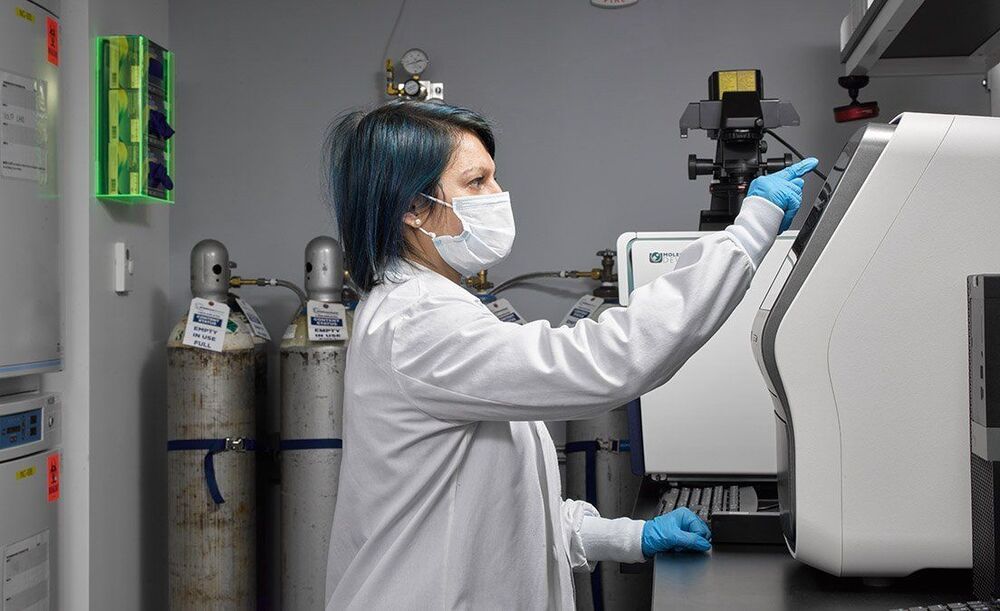

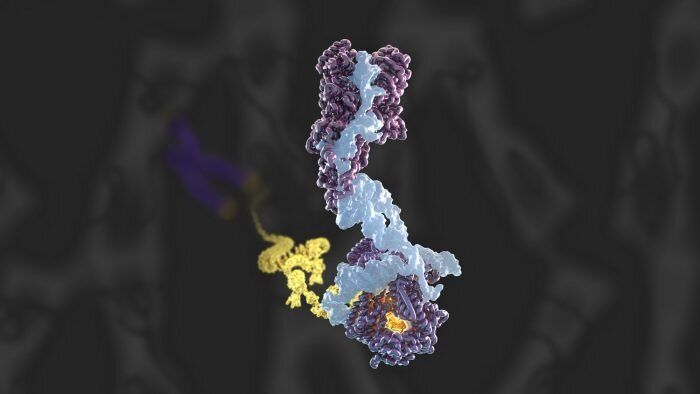
Telomeres are large nucleoproteins structures that cap the ends of chromosomes in eukaryotic cells. When a cell divides, a small portion of the telomere is lost due to the inherently incomplete process of genome replication. If left unchecked, over time the telomeres will reach a critically short length and the cell will face genomic instability, deterioration or death. To offset this shortening, an essential enzyme called telomerase rebuilds the telomeres by synthesizing new telomeric DNA repeats at chromosome ends. Kelly Nguyen’s group, in the LMB’s Structural Studies Division, has solved the first complete atomic model of this enzyme and discovered a histone dimer as novel telomerase subunits.
Telomeres act as a barrier to protect the genetic information from progressive degradation arising from incomplete DNA replication. Additionally, telomeres distinguish the natural chromosome ends from DNA double-strand breaks, thereby avoiding an illicit DNA damage response and preventing intrachromosomal fusion. This makes telomeres essential for the preservation of genome and chromosome stability. In previous research, Kelly had discovered the architecture and composition of human telomerase holoenzyme at 8 Å (Ångströms) resolution using cryo-EM. However, to understand the molecular mechanism governing telomerase mediated telomere maintenance, a high-resolution structure of the complex was required.
To conduct this study, Kelly’s group, in collaboration with Kathleen Collins at the University of California, Berkeley, and Rhiju Das at Stanford University, prepared telomerase by extracting it from cultured human cells, before imaging using cryo-EM—resulting in the collection of almost 44000 images. This data was analyzed using RELION—a complex computer program developed at the LMB—in order to achieve the 3.4−3.8 Å structure of telomerase. From this Kelly and members of her group, George Ghanim, Adam Fountain, and Marike van Roon, were able to build the first complete atomic model of telomerase, with 12 protein subunits and telomerase RNA. By completing the structure to such a high resolution, the group was not only able to illuminate how common RNA and protein motifs work together, but also to highlight new interactions.
Any discussion of rejuvenation biotechnology almost certainly includes the subject of and the objection that medical advances that directly address the various processes of aging will lead to an overpopulated world. Such dire predictions are a common theme in many discussions involving advances in medicine that could increase human lifespans.
Overpopulation is a word that gives the simple fact of population growth a negative connotation. It implies that an increase in the number of people will harm our lives in different ways, such as famine, scarcity of resources, excessive population density, increased risks of infectious diseases, and harm to the environment.
This concern, first raised by the work of 18th century reverend and scholar Thomas Malthus, has been a constant theme in both popular fiction and early foresights related to population growth. However, is it actually well-founded? We will be taking a deeper look at the historical and present population data and showing why is unlikely to happen.

There are several key technologies converging on an inevitable effect, namely a dramatic, explosive increase in human population. Currently around 40% of Earth’s total land area is dedicated to agricultural production to feed seven billion people, but, interestingly, while the human population will increase, the land area required to sustain this population will decrease, approaching zero land area to sustain a trillion human lives. In this era, bulk elements such as gold will have no value, since they will be so easy to produce by fusion separation of elements from bulk rock. Instead, value will be attached to biological material and, most importantly, new technologies themselves.
The several key emerging technologies that make this state of affairs unstoppable are listed along with aspects of their impact:
1) Most important is fusion energy, an unlimited, scalable energy, with no special fuel required to sustain it. This will allow nearly all agriculture to be contained in underground “vertical farm” buildings, extending thousands of feet downwards. Cheap artificially-lighted, climate-controlled environments will allow the maximum efficiency for all food crops. Thus, agriculture will take up close to zero surface area, largely produced underground on Earth or the Moon.
2) Crispr-gene edited foods, allowing the transformation of thousands of currently inedible plants into new types of fruits, vegetables and cereals, while also allowing diversity of currently-existing ones. Everything people eat has been genetically modified by thousands of years of human cultivation; that modification will take place over several years instead of thousands.
3) Acellular agriculture, where yeasts are bioengineered to produce milk and other proteins without any live mammals. Products using this method began to enter the market in 2020.
4) Cell-base meat, the production of animal meat in bioreactors, without the need for killing of animals. This will also broaden the choices of widely-available meats from a few bulk types, such as beef, pork and chicken, to thousands of choices.
5) Micro-organism farming, as with the “Solar Foods” company’s use of micro-organisms to produce limitless quantities of protein, fats and carbohydrates in bioreactors.

Rejuvenate Bio’s treatment is a gene therapy that dials up expression of the genes sTGFbetaR2 and FGF21 to reduce levels of the cytokine TGF-beta1 and boost levels of the hormone FGF21, respectively. Both genes are associated with longevity.
“What we have seen from using a combination of two genes is the ability to affect multiple age-related diseases at once,” Oliver said.
Rejuvenate Bio published data in November 2019 showing that targeting these two genes in mice reduced kidney atrophy and reversed weight gain and Type 2 diabetes. The company had given extra copies of those genes, alone and in combination with each other and another gene called alpha-Klotho to see if they could boost the mice’s health and life spans. It found out that more isn’t necessarily better, as mice that were given all three genes together fared worse than the other animals did.
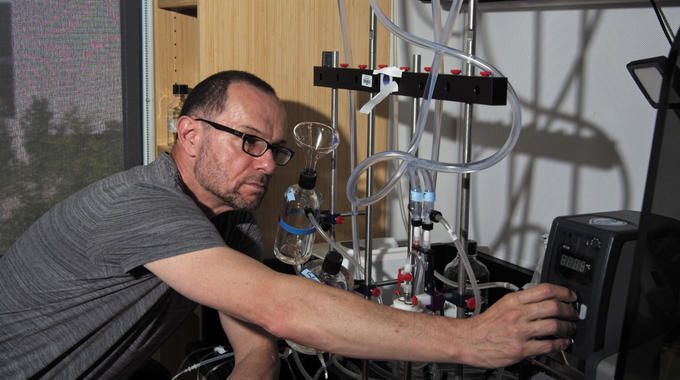
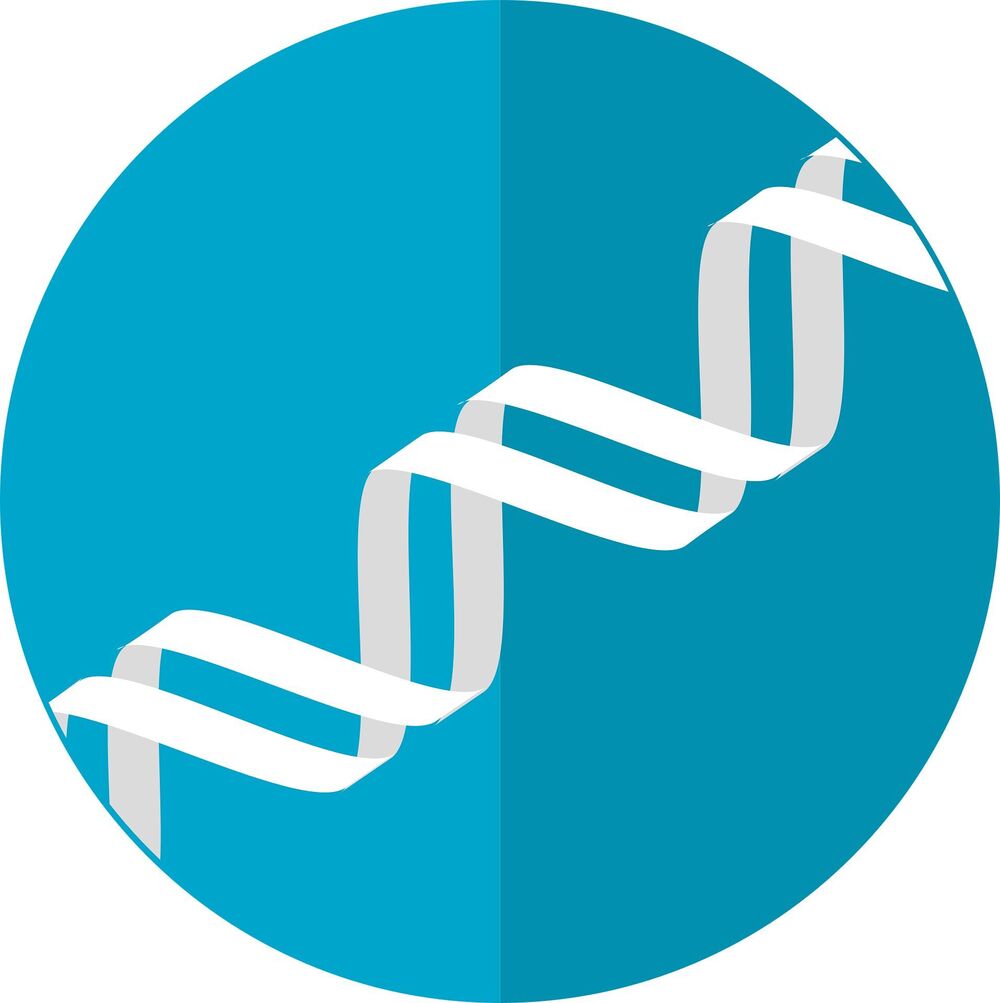
In a research paper published in Nature Aging, the team reports using a novel approach to provide the first data-driven classification of multiple diseases obtained using human genetic and medical data freely available from the UK Biobank.
Co-author Professor Linda Partridge (UCL Institute of Health Aging and Max Planck Institute for Biology of Aging) said: Advancing age is the main risk for major diseases, including cancer, dementia, and cardiovascular disease. Understanding the molecular links between the aging process and age-related diseases could allow them to be targeted with drugs to improve late-life health.
The striking finding from the study was that diseases with a similar age of onset were genetically more similar to each other than they were to diseases in the other three clusters.
Papers referenced in the video:
Dietary Thiols: A Potential Supporting Strategy against Oxidative Stress in Heart Failure and Muscular Damage during Sports Activity:
https://www.ncbi.nlm.nih.gov/pmc/articles/PMC7765667/
Ergothioneine levels in an elderly population decrease with age and incidence of cognitive decline; a risk factor for neurodegeneration?
https://pubmed.ncbi.nlm.nih.gov/27444382/
Is ergothioneine a ‘longevity vitamin’ limited in the American diet?
https://www.ncbi.nlm.nih.gov/pmc/articles/PMC7681161/
Frailty markers comprise blood metabolites involved in antioxidation, cognition, and mobility:
https://pubmed.ncbi.nlm.nih.gov/32295884/
Ergothioneine is associated with reduced mortality and decreased risk of cardiovascular disease:
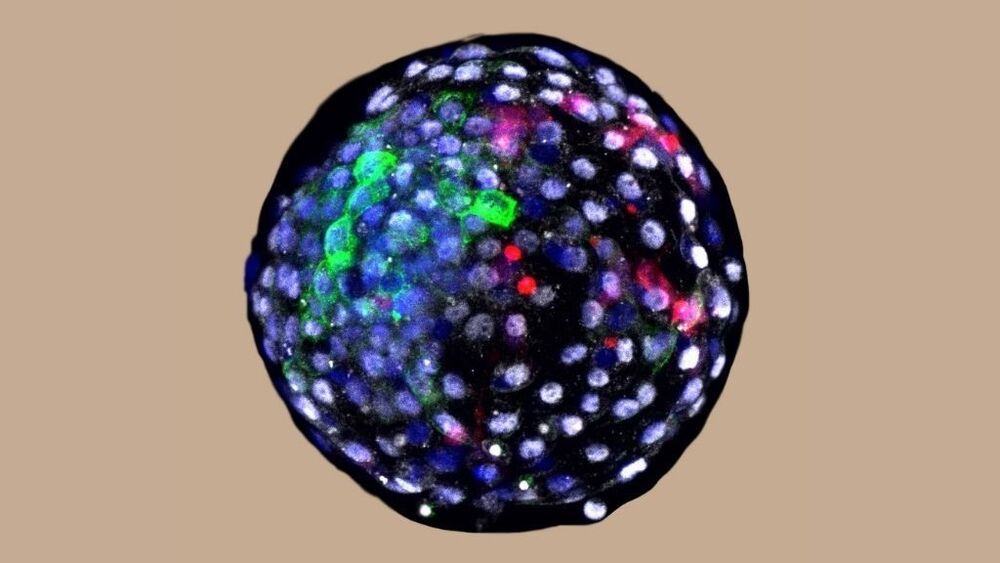
Scientists injected dozens of human stem cells into developing monkey embryos, and the resulting hybrids survived for up to 20 days in lab dishes.
These human-monkey embryos could someday serve as helpful models for human disease, embryonic development and aging, the study authors noted in a new report, published April 15 in the journal Cell. By zooming in on the interaction of human and animal cells in the embryos, scientists could also learn how to help human cells survive amongst animal cells, potentially advancing the effort to grow human organs in living animal models.
The waterless toilet was developed by Cranfield University.
The toilet was developed for use in countries that doesn’t have running water.
This toilet doesn’t smell which is a result of multiple actions that go on beneath the toilet once the lid is closed.
–A set of gears within the toilet are turned when the lid is closed, these gears rotate the basin where the fecal delight was deposited.
–The waste falls into a holding chamber where a swipe blade wipes the inside of the holding basin.
–The solids drop down to the bottom, and the liquid floats to the top.
–An archimedes screw carries the waste upwards where it gets rolled into pellets that drop into a combustor and are burned.
–The combustor on the toilet will be on all the time but will require an initial source of power to get it going. The team had an initial idea of attaching a hand crank or a bicycle to generate the power needed but recently scrapped that idea. A solar panel could be installed above the toilet but that wouldn’t be very cost effective. The team has other ideas they are still working through to solve this issue.
–The poop ash that is accumulated from the combustor needs to be removed once a week.
–The liquid floats through a set of pipes that are above the combustor.
–The liquid is heated and passed through a set of 4 membrane bundles that purifies the water.
–This purified water drips down to the bottom where it travels to and is stored in the front step of the toilet.
–This water while purified isn’t clean enough to drink but it can be used in the garden to grow plants as well as for cleaning.
–This waterless toilet needs to be serviced every 3 months, the 4 membranes need to be replaced to continue to purify the water.
–So now you have the full overview of this toilet what problems do you guys foresee with this invention?
–The only thing I’m going to say is that I’m sure the swipe blade will wipe most of the poop out of the holding basin, you know there’s gonna be some nasty skip marks in there.
In reality though places in the world where people have real struggles in life, a skip mark isn’t one of them.
Sources:
https://www.youtube.com/watch?v=jGPpXF7y9Rg.
http://www.sciencedirect.com/science/article/pii/S0196890416306628
Check out some of our other videos:
Top 10 Fruits You’ve Never Heard Of Part 2
https://www.youtube.com/watch?v=hRdgPyZF45g&feature=youtu.be.
Top 10 Fruits You’ve Never Heard Of.
https://www.youtube.com/watch?v=OKTej1u-7-0&feature=youtu.be.
Top 5 Most EXTREME Roller Coasters.
https://www.youtube.com/watch?v=sTofF4_OPkM&feature=youtu.be.
Top 10 Craziest Lego Creations – Lego Sculptures to Blow Your Mind!
https://www.youtube.com/watch?v=mip9G0_rUTk&feature=youtu.be.
Top 10 LONGEST LIVING Creatures on Earth.
https://www.youtube.com/watch?v=IDaPH_ZGiVw&feature=youtu.be.
10 SHOCKING Photos That Will Leave You SPEECHLESS
https://www.youtube.com/watch?v=k1PdOc8QjR4&feature=youtu.be.
Top 10 DIRTIEST Public Surfaces you TOUCH!
https://www.youtube.com/watch?v=d0j8CQTXkF0&feature=youtu.be.
Support TTL by using our amazon link: http://amzn.to/2dQQ4nu.
Check us out on social media: